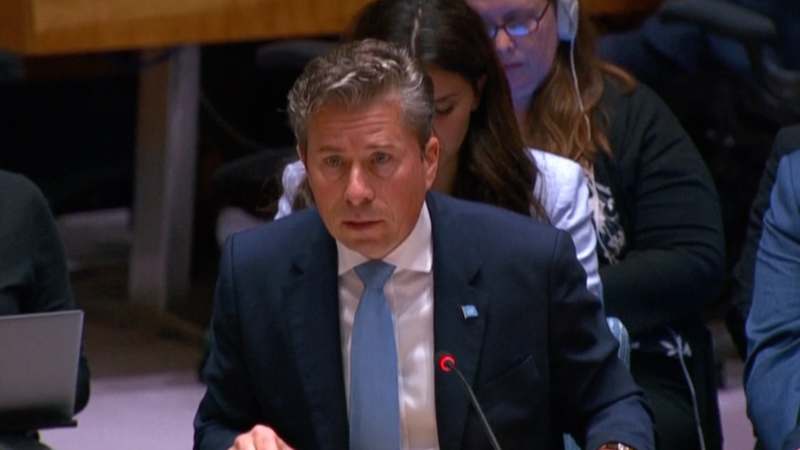On May 13, UN Under-Secretary-General for Humanitarian Affairs and Emergency Relief Coordinator Tom Fletcher delivered a sharp rebuke of Israel's newly proposed aid distribution model for Gaza. Describing the plan as a 'fig leaf' that conceals ongoing violence and forced displacement, Fletcher warned it risks excluding the most vulnerable residents and setting a dangerous global precedent.
Why the Aid Plan Faces Backlash
According to Fletcher, the model prioritizes aid based on geopolitical considerations, turning hunger into a bargaining chip. He argued this approach forces families to move deeper into conflict zones or out of Gaza entirely just to access basic relief.
Global Implications
Humanitarian experts worry that endorsing aid systems tied to political or military goals could reshape relief efforts worldwide. 'When hunger becomes leverage, no community is safe', said Fletcher, urging the international community to reject conditional assistance models.
What Comes Next
The UN is calling on Israel to revise its plan to ensure unrestricted, needs-based aid reaches all vulnerable groups in Gaza. As debates unfold at the UN Security Council and beyond, global citizens and humanitarian organizations are watching closely—and pressuring for solutions that put people’s survival above politics.
Reference(s):
UN: Israel's new Gaza aid plan a 'fig leaf' for violence, displacement
cgtn.com




